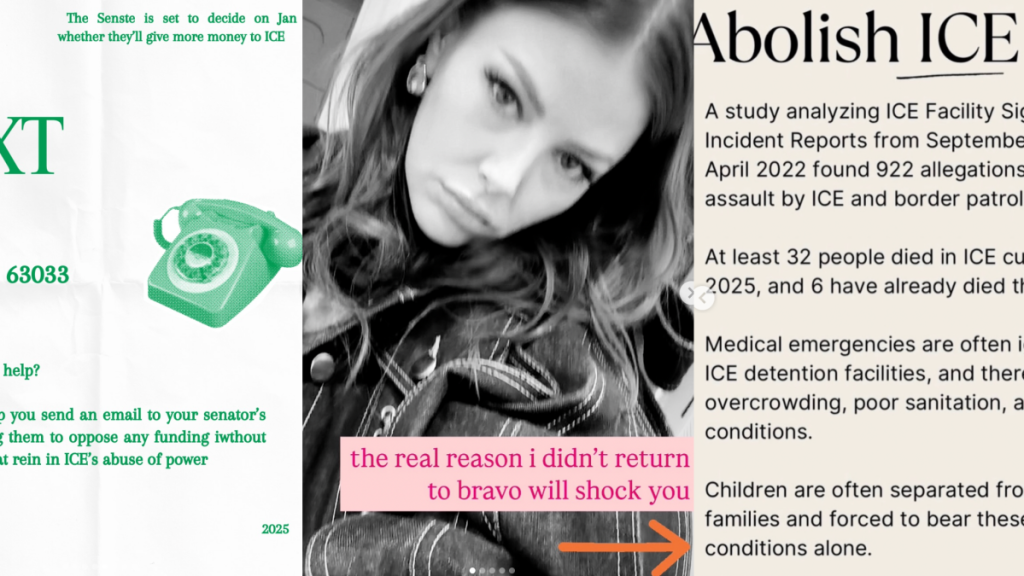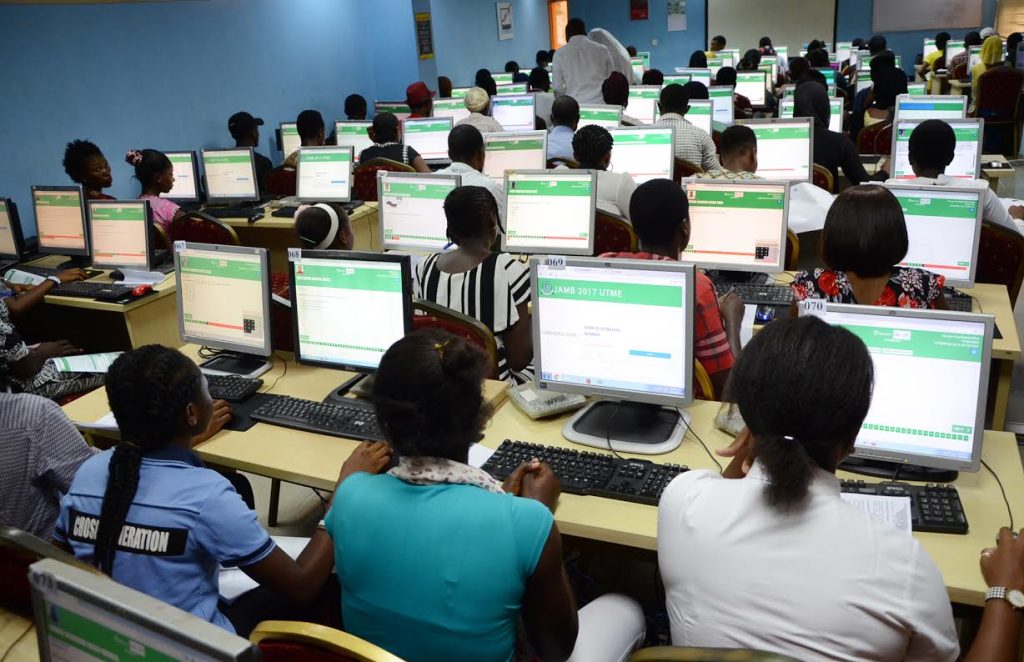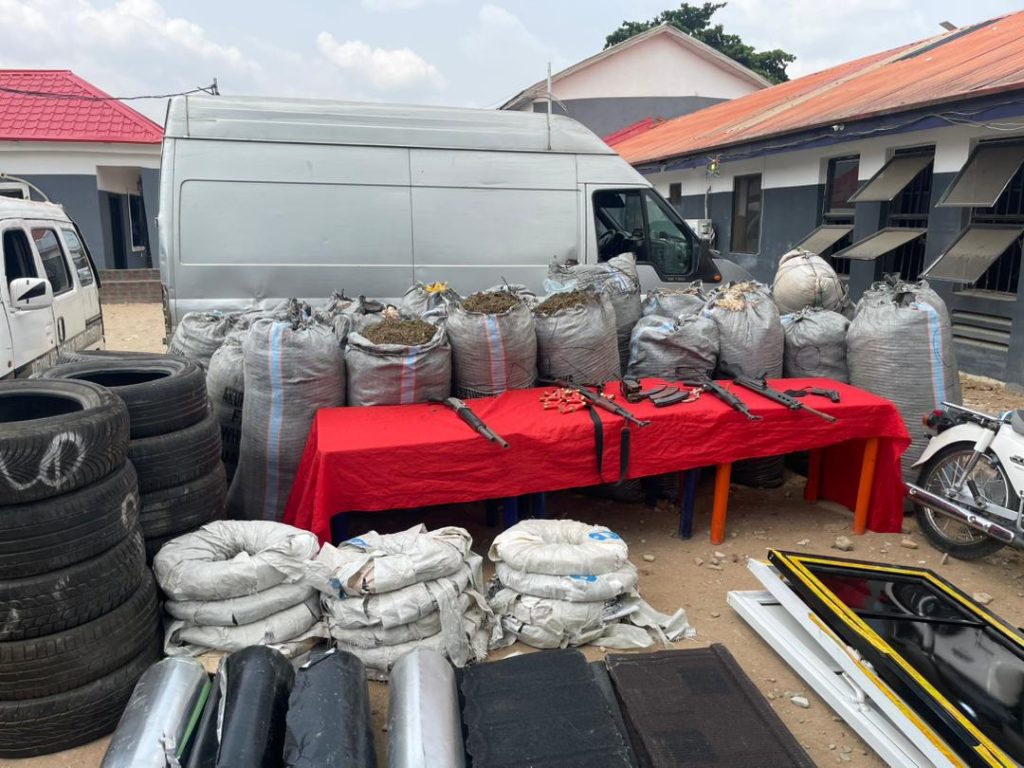Nepal’s Prime Minister, KP Sharma Oli, has ordered an investigation into the recent protests over a social media ban, which resulted in the deaths of at least 19 people. The ban, imposed on Friday, blocked access to 26 unregistered social media platforms, including Facebook, YouTube, and X. The move sparked widespread outrage, particularly among the younger generation, who rely heavily on these platforms for communication.
The protests, which began on Monday, saw thousands of young people take to the streets of Kathmandu, demanding that the government lift the ban and address corruption. The situation escalated when police opened fire on the protesters, resulting in the deaths of 17 people in Kathmandu and two more in the eastern district of Sunsari. Over 400 people were injured, including more than 100 police officers.
In response to the violence, Prime Minister Oli expressed his deep sadness over the deaths and announced the formation of an investigation committee to probe the events. The government has since lifted the social media ban, with all major platforms now accessible. Minister for Communication, Prithvi Subba Gurung, stated that the government is open to talks with the protesters and has restored access to social media platforms, which was one of the key demands of the protesters.
The incident has drawn international attention, with Amnesty International condemning the use of live ammunition against protesters and the United Nations calling for a swift and transparent investigation. The protests have also highlighted the issue of corruption and unemployment in Nepal, where the GDP per capita is approximately $1,447, according to the World Bank.
The social media ban was seen as an attempt to silence the younger generation, who have been using these platforms to express their frustrations with the government and demand change. As one protester noted, “This isn’t just about social media — it’s about trust, corruption, and a generation that refuses to stay silent.” The incident has significant implications for the country, highlighting the need for the government to address the concerns of its citizens and ensure their right to freedom of expression.



